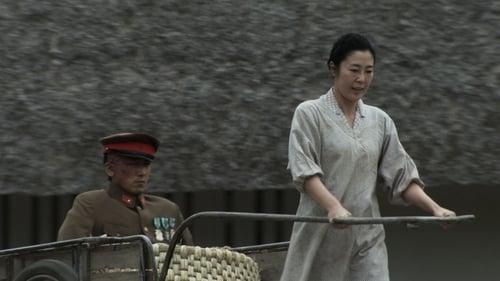
Sound Designer
During the Second Sino-Japanese War, in 1940, Lieutenant Kurokawa returns home as a honored and decorated soldier but deprived of his arms and legs lost in battle. All hopes, from the villagers and women to close family members, turn to Shigeko, the Lieutenant's wife. She must honor the Emperor and the country in setting an example for all by fulfilling her duty and taking care of the 'god soldier'. Kurokawa prior to leaving to fight in the war regularly beat and berated his wife for her barrenness and inability to bring him a son. When he returns home as an amputee with no hearing and no speech, his wife dutifully attends to him, even though he shows little appreciation for her dedicated care. His main concerns are getting fed and getting sex. Even in his own degraded condition, he manages to berate his wife. Eventually, though, his own memories infiltrate and he is haunted by his horrible, sadistic deeds, performed while in the duty of the Japanese military.

Sound Recordist
Nursing home "Yuyoso". Many lonely old people live there, including botanist Taro Makiso, a physicist, an actor, a bar mom, and a chef. Maki has spent most of his life studying botany, and has lived without regard for entertainment, drinking, women, or everything else in the world. Then came my 80th birthday. He and a young staff member go digging for wild yam and find a mysterious golden flower. It was the flower of immortality, the "Golden Flower", which was said to bloom beside the Himalayan Virgin, which he had been looking for for many years. From that day onwards, fragments of memories from his youth, which he had intentionally sealed off in order to immerse himself in botany, surged into Maki in a whirlpool.

Sound
Documentary about the great Japanese documentary maker Tsuchimoto Noriaki made a couple of years before his death.
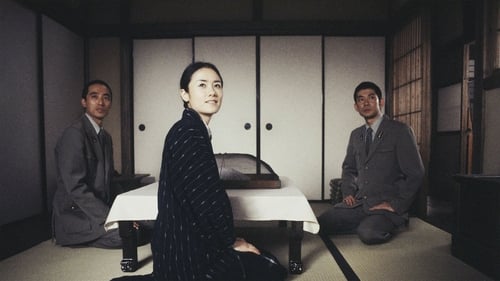
Sound Recordist
In Kagoshima, in the final days of World War II, an offer of marriage comes to Etsuko Kamiya, who lives with her brother and his wife. The offer comes from Nagayo, but Etsuko is attracted to his friend, Akashi.
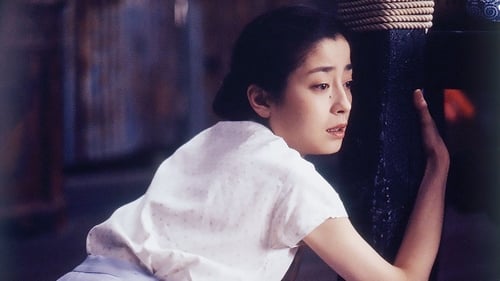
Sound
Based on a play by Hisashi Inoue, it focuses on the sufferings of the survivors of Hiroshima. The film takes place during 4 days in the summer of 1948, as the ghost of her father visits Mitsué (Rié Miyama). He had somehow learned that she has fallen in love, and tries to convince her to start her new life. But Mitsué obstinately refuses his warm and humorous encouragements : « People were killed in my place. I do not have the right to find happiness », she says.
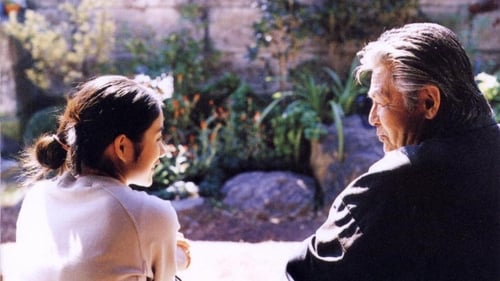
Sound Recordist
Kenzo was behind bars for killing a gangster. Upon his release, he goes to live with his son, whose marriage is on the rocks. His 14-year-old granddaughter Tamako is ostracized when she discovers that her grandfather is a murderer. Kenzo soon helps defend Tamako from bullies at school. When Tamako stands up for herself, she comes to believe that she has inherited some of her grandfather’s great strength. Eventually, an associate of the man Kenzo killed comes looking for revenge, along with the dead man’s son.
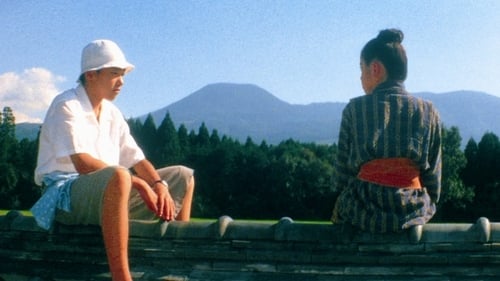
Sound
Commencing well-respected Nippon director Kazuo Kuroki's sixth decade behind the camera, "A Boy's Summer in 1945" (literally "A Beautiful Summer in Kirishima") is a lyric, novelistic drama set in the countryside in the last days before Japan's surrender ending WWII. Striking a welcome retro note in its languid pacing and delicate handling of seriocomic ensemble threads, handsome production is a natural for fests. It might also prove a cornerstone for retrospectives or ancillary releases of works by a helmer ("Preparation of the Festival," "Ronin-gai") who's long been appreciated at home but has won just limited attention abroad.

Sound

Sound
This is a film about seven artists. It's also a film about seven people who are mentally handicapped. In the course of this touching film, we discover how art may provide a route to the human interior.

Sound Recordist
Taku Shinjo spins this rural drama about ancient taboos and encroaching modernity. Takamine (Gitan Otsuru) is a big-city workaholic sent to a small remote island to seal a business deal. His predecessor almost managed to convince the island's 17 inhabitants to sell their stake and make way for a resort hotel -- that is, before he died under dubious circumstances. Takamine finds the islanders polite and kind but unwilling to discuss business; instead, they tell him to become an islander. So the city-slicker stuffed shirt loses his tie and starts to help the women plant and the men fish. He soon makes his acquaintance with Takako (Mitsuko Baisho), the widowed daughter of the island's chief. She lives alone with her crazed son who is kept Jane Eyre-style chained to a stake. One moon-lit night, their mutual attraction boils over, resulting in a naked, passionate roll on the beach.

Sound Mixer
Tatsuya is on a honeymoon in Australia. A couple of unfortunate encounters land him in jail, where he’s imprisoned without a chance of ever getting out again. His wife tries her best to launch an appeal, but it’s Tatsuya’s inmates who are his best chance of escaping his current predicament.

Sound
In 1964, a chemical factory in Niigata Prefecture dumped mercury into the Agano River, the beginning of a manmade tragedy that would affect locals for years to come. Mercury poisoning led to high occurrences of Minamata disease, a neurological syndrome that causes severe physical and psychological ailments and death. Sato Makoto and his crew of seven spent three years in Niigata documenting the life and thoughts of locals.

Sound
Shiragaki is renowned for its ceramics. This documentary follows people who must overcome physical disabilities to work in the town.

Sound Recordist
After the death of her mother a young woman wants to meet her real father
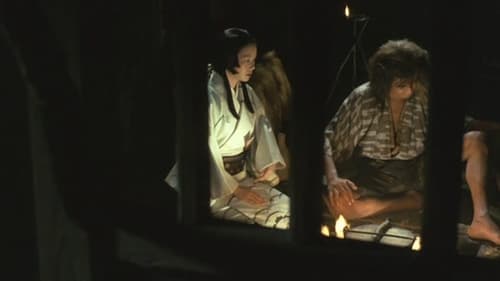
Sound Recordist
Young Kinu Yamabe is drawn to low-born Onimaru, who is vital and charismatic, but viewed by his father as a demon. After her first period, Kinu suffers the fate of any women born near the Sacred Mountain: she must leave the Mountain and serve as a priestess.

Sound
The movie compiles footage taken by Ogawa Production for a period of more than ten years after the collective moved to Magino village. Unique to this film are fictional reenactments of the history of the village in the sections titled "The Tale of Horikiri Goddess" and "The Origins of Itsutsudomoe Shrine". Ogawa combines all the techniques that were developed in his previous films to simultaneously express multiple layers of time—the temporality of rice growing and of human life, personal life histories, the history of the village, the time of the Gods, and new time created through theatrical reenactment—bring them into a unified whole. The faces of the Magino villagers appear in numerous roles transcending time and space—sometimes as individuals, sometimes as people who carry the history of the village in their memories, sometimes as storytellers reciting myths, and even as members of the crowd in the fictional sequences.

Sound Recordist
A sensuous movie based on a literary work. Hitomi Kuroki stars as the film’s heroine.

Sound Recordist
Based on the novel of the same name by Yoshio Kataoka.

Sound Recordist
Kazumi - whose sensitivity does not undermine her strength when she handles her second husband's emotional conflicts with the wisdom of an adult. Kazumi's younger and more inexperienced husband Hideo is continually suspicious of her fidelity.
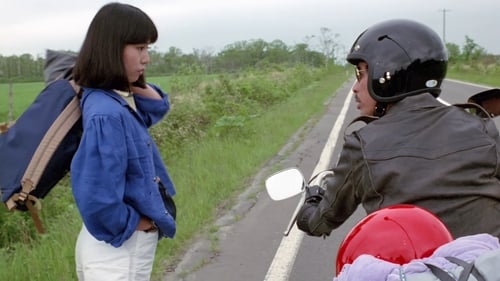
Sound Recordist
Set in the wilderness of Hokkaido, the story of a couple in their 30s and a couple in their 20s is drawn, and the subtle emotions of the two men and women are depicted with intense Eros and delicate images under the theme of marriage exchange.

Sound Recordist
Yahagi Michiko is accosted and raped walking home one evening. From there she maneuvers the logistics of the police, hospital, and criminal justice system while balancing her home life including romantic relationships.

Sound Recordist
Yuko is in love with an old poet who happens to be also a married man. She waits patiently for him and only him, yet she is constantly being lust by others.

Sound Recordist
A young woman breaks off her long-term relationship with her boyfriend to move to Tokyo in search of new experiences.
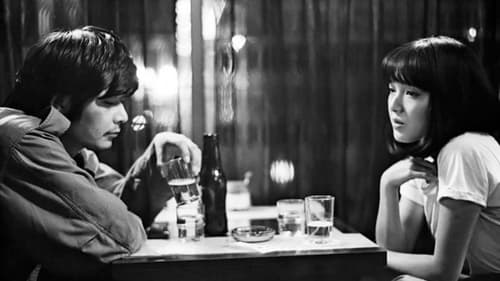
Sound Recordist
Mariko is living the life of a typical Japanese college student in the 70's, spending far more of her time balancing boyfriends and part-time jobs than on her schoolwork. She finds herself torn between a former boyfriend who's the tough, insensitive-but-sexy, type, and a new acquaintance who's more sensitive to her feelings, but who still acts childishly selfish at times. Will she choose one of them, or decide to go her own way?

Sound Recordist
Tadao decides to comes back from Tokyo to live in his home town, in the countryside. He stays at his parents place and finds a job, repairing transistor and television. He catches up with his friend Tetsuji, the only that haven’t left yet. But one night, Tetsuji decides to leave for Tokyo with a bar hostess.
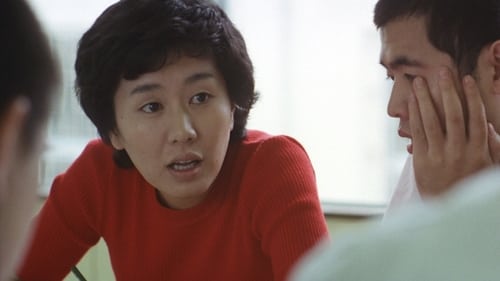
Sound Recordist
Third and Shinbunbu embark on a plan to make money by Third becoming a pimp and Shinbunbu a prostitute.

Sound Recordist
A young Japanese man finds himself in the company of a strange, effeminate gay man and a girl with a seedy sexual history and who even now is pregnant again. They share a predisposition for drug use and spend time together in an old house. He refuses the advances of the gay man, who then commits suicide. When a gang administers a beating to him, his father re-enters the scene and takes him home, along with the girl. However, the girl has decided to have her baby, and she goes to live with its father.

Sound
In the mid-1970s, protests were waning across Japan after the Red Army scandal of Asama Cottage. In Sanrizuka, people were weary of the violence and the airport was well under construction. As for Ogawa Productions, they invited criticism by pulling out and moving to a quiet village in northern Japan. But when protesters back in Sanrizuka erected a tall tower at the end of one runway, they sent a crew to document what happened. This became the final film of the Sanrizuka Series.
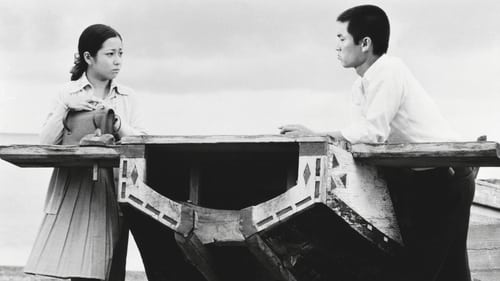
Sound Recordist
Tateo, young and neurotic, wishes to leave the village his mother has raised him in.

Sound
After the waning of the protests in Sanrizuka, Ogawa Pro started questioning the future of the collective and looking for other subjects to film. Following the method developed in the previous films, the filmmakers moved to the slum of Kotobuchi in the port city of Yokohama, where more than 6000 people were struggling to get by without any means of survival, exposed to industrial accidents and diseases. The result is one of the most moving films produced by the collective, a series of beautifully filmed portraits, voicing the silenced stories and songs of a group of people living in this community. Credit: ICA London

Sound Recordist
In 1972, Miyuki tells her ex-lover Kazuo that she's going to Okinawa with their son. Kazuo decides to film her. He narrates his visits to her there: first while her flatmate is Sugako, a woman Miyuki is attracted to; then, while she works at a bar and is with Paul, an African-American soldier. Once, Kazuo brings his girlfriend, Sachiko. We see Miyuki with her son, with other bar girls, and with Sachiko. Miyuki, pregnant, returns to Tokyo and delivers a mixed-race child on her own with Kazuo and Sachiko filming. She joins a women's commune, talks about possibilities, enjoys motherhood, and is uninterested in a traditional family. Does the filmmaker have a point of view?
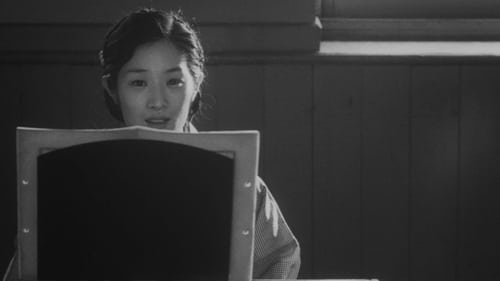
Sound
A freestyle biopic of Ikki Kita, the ultranationalist intellectual whose ideas inspired the failed military coup in 1936.

Sound
The first in a series of independent documentaries that Tsuchimoto made of the mercury poisoning incident in Minamata, Japan.

Sound Recordist
A survivor of the tragic mass suicides on Tokashiki Island in 1945 falls in love with a near-mute motorcycle engineer.

Sound
In 1968 the plan by the government to construct a new international airport in the fields of Sanrizuka near Tokyo unleashed one of the most important and enduring social upheavals in the history of postwar Japan. The plan sought to evict thousands of farmers from their lands without any sort of respect for the locals’ rights. Their resistance to eviction was met with extreme violence by the police. Activists from all over the country, including thousands of students, joined with the farmers in their mounting struggle. As the combats in Sanrizuka became more intense and the numbers of police increased, the collective became more involved in the fighting. Sanrizuka: The Three Day War was what Ogawa called a “bullet film”, an immediate and powerful piece of agitprop shot in three days and intended to be seen as quickly and widely as possible. Credit: ICA London

Sound
This film documents student preparations for the final phases of the 1969 protests against the renewal of the security treaty.

Sound Recordist
Aido is a beautiful woman cursed with an insatiable appetite for sex. After an affair with a young student, she engages in several other affairs in which she can no longer tell fantasy from reality.
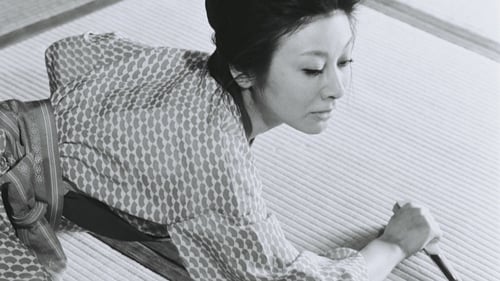
Sound Recordist
Two interwoven stories. The first is a biography of anarchist Sakae Osugi which follows his relationship with three women in the 1920s. The second centers on two 1960s students researching Osugi's theories.

Sound
Rokurō starts a part-time job on a fishing boat, but the ship has an engine failure in the middle of the Pacific Ocean.
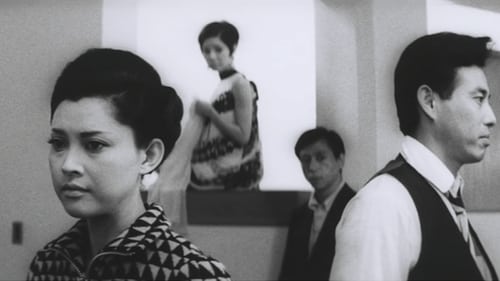
Sound Recordist
Shingo and Ritsuko have a baby: Takashi. They happen to be a happy couple, but soon Ritsuko wants to know who is the true father of Takashi, born by artificial insemination.



































